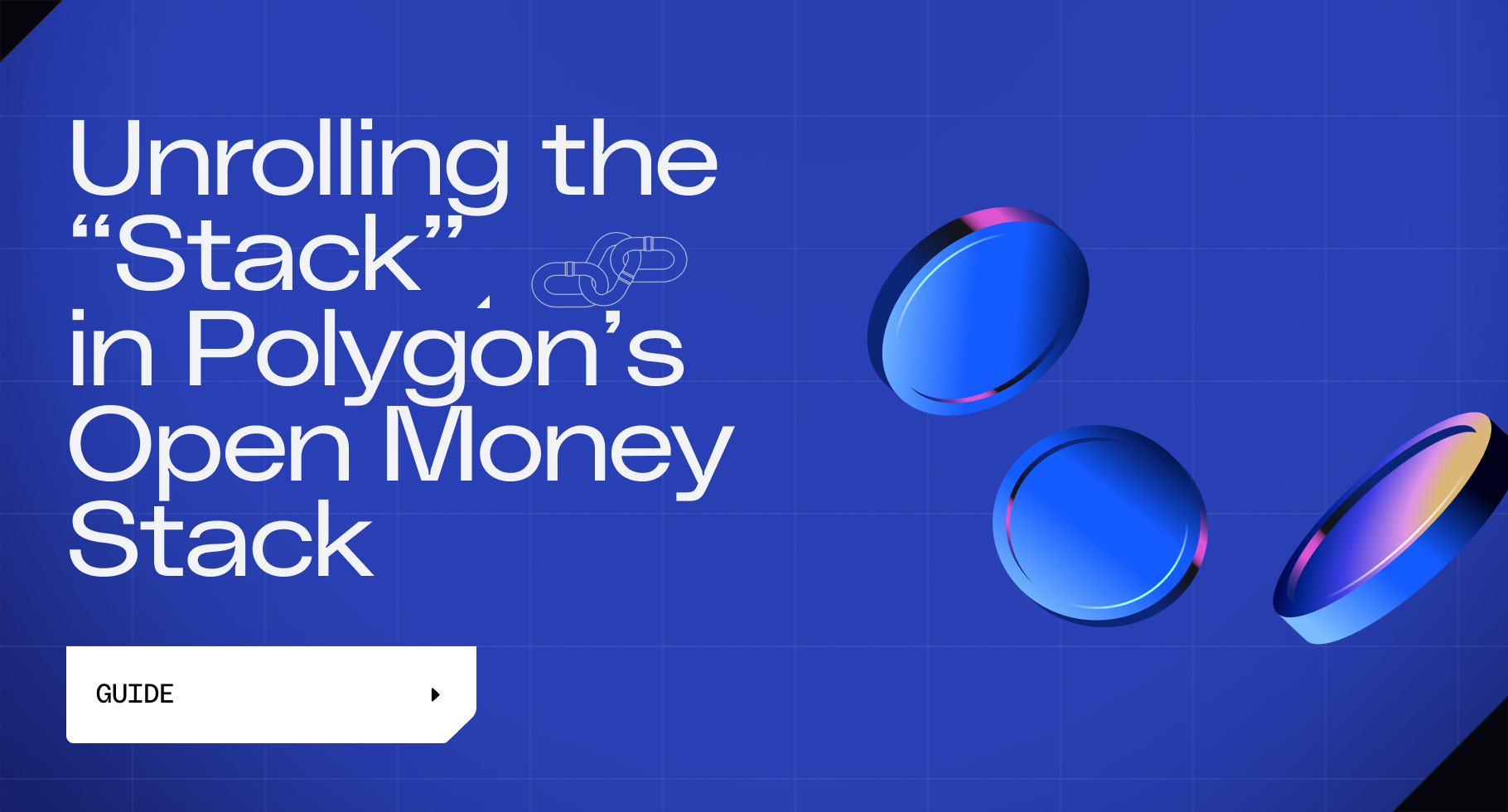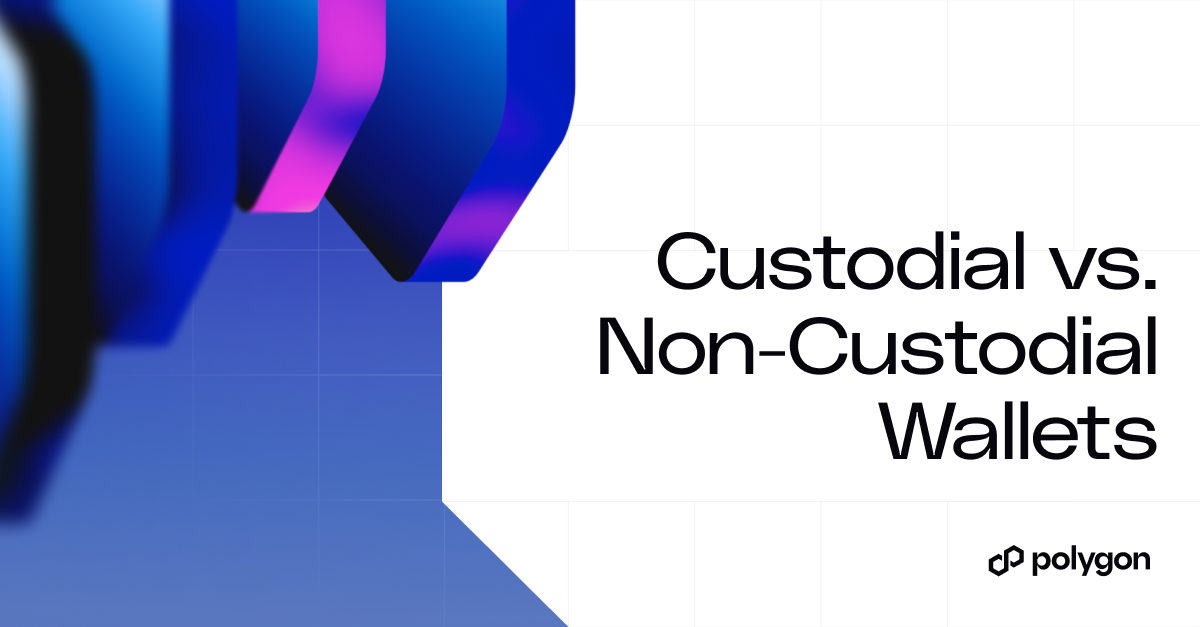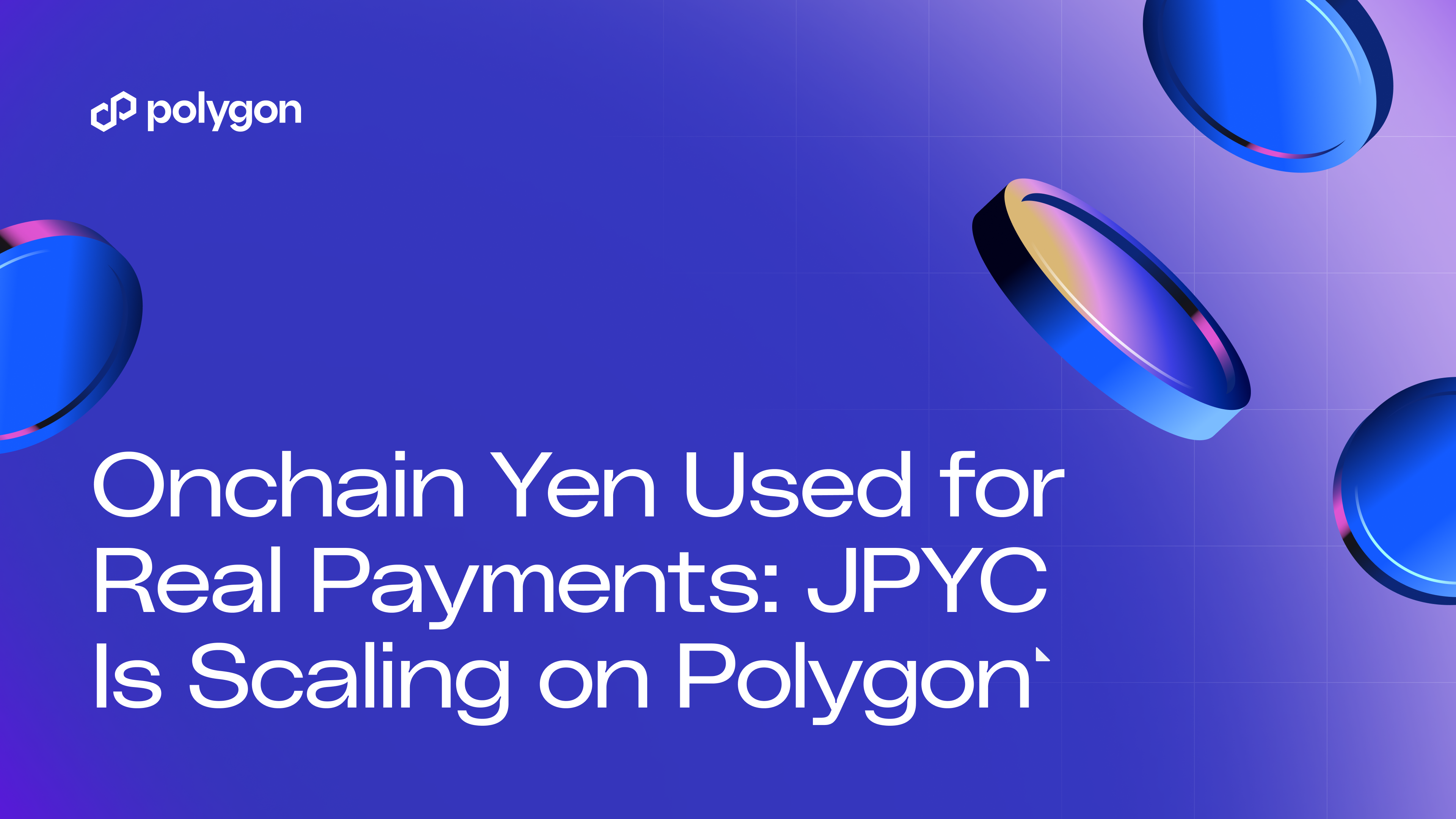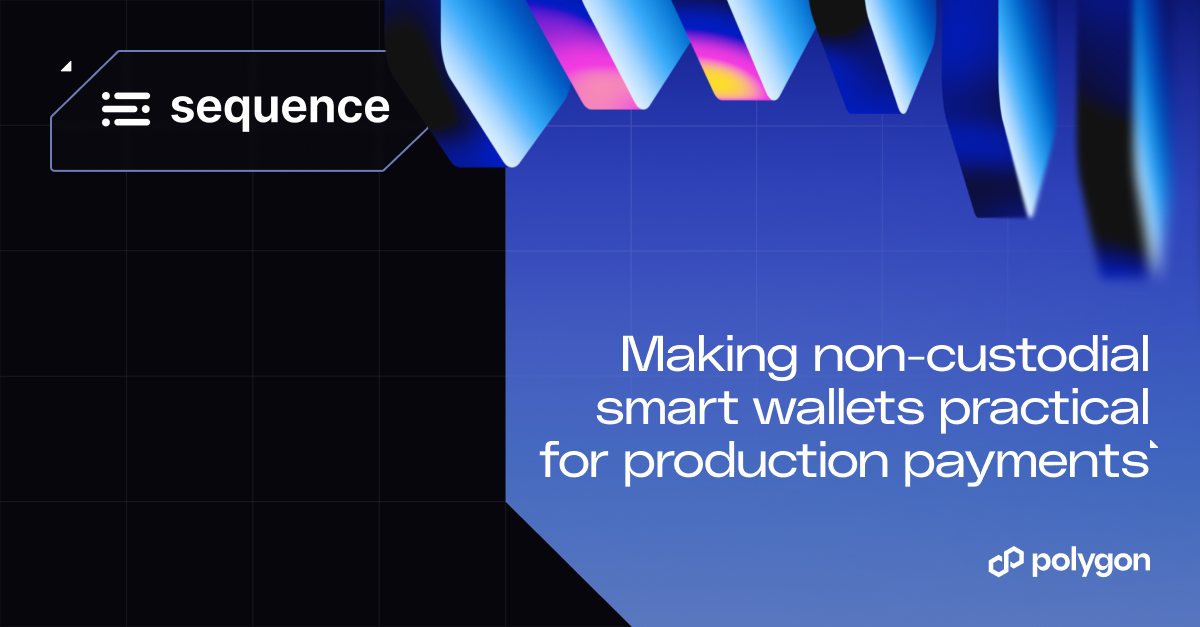The Audit-Upgraded Testnet for Polygon zkEVM

An audit-upgraded testnet for Polygon zkEVM will be available next week.
Why another testnet? Well, last week, Polygon Labs announced the launch date for Polygon zkEVM Mainnet Beta. (It’s March 27!) The security audit of Polygon zkEVM, which has been ongoing since December, provided some meaningful improvements that Polygon Labs wanted to make available to users before the release of Mainnet Beta.
The audit-upgraded testnet for Polygon zkEVM will be nearly the same as the permissionless, anyone-can-join, no whitelist, real assets, live system with a working prover that launches with Mainnet Beta.
While many of these upgrades are a result of the security audit, there are also performance improvements as well as support for Etherscan, management of the smart contract variables that enable upgradability, and FFLONK.
For the time being, users of the current testnet do not need to take any action. Once a firm date for the audit-upgraded testnet is in hand, Polygon Labs will provide the chainID and other necessary details for redeploying in a new network. Stay tuned to the Polygon Labs blog and the dedicated ZK handle, 0xPolygonZK.
Adding Etherscan and FFLONK
Following deployment of the audit-upgraded testnet, Polygon zkEVM will also support Etherscan, the gold standard block explorer for searching and browsing verified Ethereum blocks and transactions.
Another major upgrade is the integration of FFLONK, which will significantly improve verifier performance. FFLONK is a protocol for ZK-SNARK with a universal trusted set up with two key advantages:
- No required specific trusted set-up
- Verification of on-chain proofs requires less computational effort (i.e., cheaper) than Groth16 and Plonk
Many of the improvements in the coming testnet are a result of the security audit. Because Polygon zkEVM is technology-in-the-making, Polygon Labs has taken every step to try to safeguard the security of the end user. Once the audit reports are finalized, Polygon Labs will have a more detailed post on those findings and outcomes.
Finality Time
There have been two public testnets for Polygon zkEVM. The current testnet was launched with several performance upgrades: implementation of aggregation and recursion, as well as larger batches and optimized STARK proof composition. So how has the performance been?
For one, costs are way down. As of this week, the cost of proving a single Uniswap tx, for example, is roughly $0.0019. And while proof-generation time has been fast, the time to finality for a user withdrawing funds on Ethereum is longer than anticipated. (In the context of a testnet, withdrawal is hypothetical.) This is because of the tradeoffs between costs and speed.
From the moment a tx is sent, Polygon zkEVM is generating the ZK proofs for posting to Ethereum in approximately 2 - 3 minutes. And while Polygon zkEVM is capable of achieving finality to Ethereum in only 5 minutes, to optimize costs for users the system is configured to wait 30 minutes to allow many ZK proofs to be aggregated before posting to Ethereum.
It’s worth noting that users of optimistic rollups that rely on fraud proofs must wait 7 days to claim their funds on Ethereum.
For a comprehensive resource on Polygon zkEVM, check out the documentation wiki. And if you’re interested in (or perplexed by) Zero Knowledge, follow Polygon’s dedicated ZK handle, @0xPolygonZK, and head over to our ZK forum.
Website | Twitter | Developer Twitter | Telegram | Reddit | Discord | Instagram | Facebook | LinkedIn






.png)
%20(1).png)
.png)



.jpg)
.jpg)
.png)

.png)
